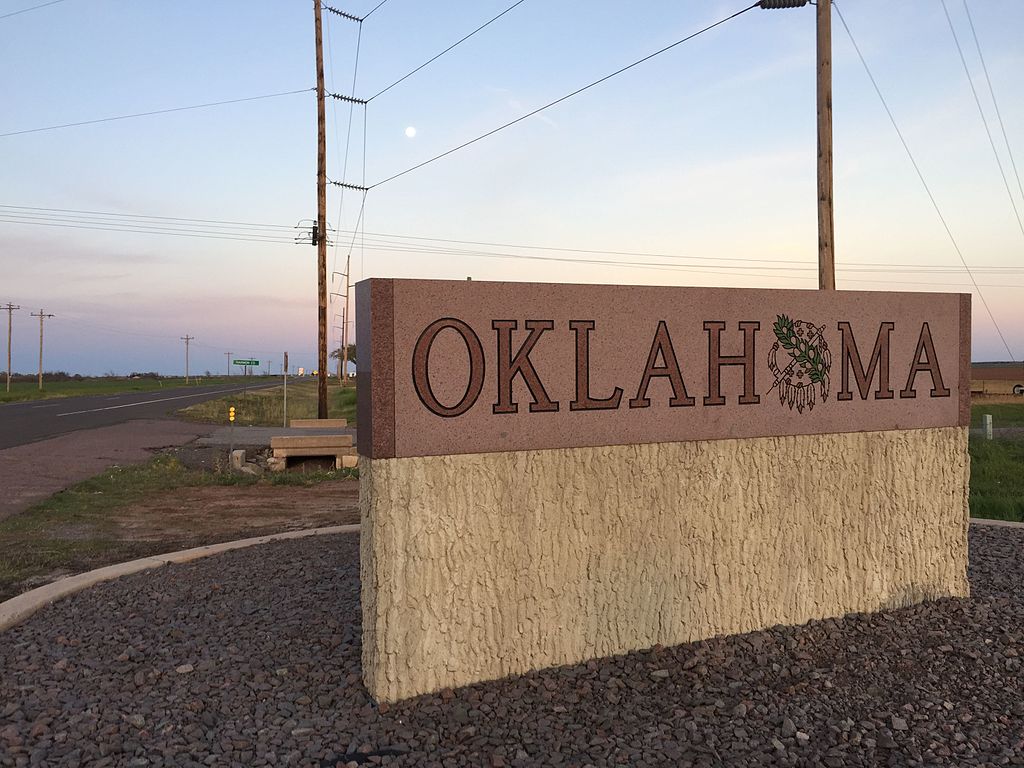Oklahoma voters will decide on State Question 820, an initiative to legalize marijuana, on March 7, 2023.
Oklahomans for Sensible Marijuana Laws, proponents of State Question 820, were initially targeting the 2022 ballot and submitted enough signatures to qualify for the ballot. However, due to legal challenges and statutory deadlines, the measure could not be placed on the 2022 ballot and was set to be voted on at a later election date. On October 18, Gov. Kevin Stitt (R) called a special election for the measure on March 7, 2023.
State Question 820 would legalize marijuana for adults 21 years old and older. The Oklahoma Medical Marijuana Authority would be responsible for marijuana business licensing and regulations. Individuals would be allowed to possess, transport, and distribute up to one ounce (28.35 grams) of marijuana, eight grams of marijuana in a concentrated form, and/or eight grams or less of concentrated marijuana in marijuana-infused products. Marijuana sales would be taxed at 15%. Under State Question 820, individuals could possess up to six mature marijuana plants and up to six seedlings. The initiative would also provide a process for individuals to seek the expungement or modification of certain previous marijuana-related convictions or sentences.
Tax revenue generated from marijuana sales would be used to finance the Oklahoma Medical Marijuana Authority's implementation of the initiative with the remaining funds to be appropriated as follows:
- 30% to the state general fund;
- 30% to grants for public school programs to support student retention and performance, after-school and enrichment programs, and substance abuse prevention programs;
- 20% to grants for government agencies and not-for-profit organizations to fund drug addiction treatment and overdose prevention programs;
- 10% to the state judicial revolving fund; and
- 10% to the municipalities or counties where the marijuana was sold.
In 2020, Gov. Kevin Stitt (R) ordered State Question 802, a Medicaid expansion initiative, to appear on the June 30 primary ballot rather than the November 3 general election ballot. In 2018, Gov. Mary Fallin (R) placed State Question 788, a medical marijuana initiative, on the June primary ballot. Prior to 2018, a governor had not selected a date different from the general election for an initiative since 2005.
As of October 2022, 19 states and Washington, D.C., had legalized the possession and personal use of marijuana for recreational purposes.
- In 11 states and D.C., the ballot initiative process was used to legalize marijuana.
- In one state, the legislature referred a measure to the ballot for voter approval.
- In seven states, bills to legalize marijuana were enacted into law.
In November 2022, five more states will decide on marijuana legalization ballot measures. In the central U.S., voters in Arkansas, Missouri, North Dakota, and South Dakota will consider citizen-initiated measures to legalize marijuana. These four states are Republican trifectas. In Maryland, which has a divided government, the state Legislature voted to put the issue before voters.
Marijuana legalization initiatives targeting the 2023 and 2024 ballots have also been filed in Ohio, Wyoming, Florida, and Nebraska and could be filed in Idaho, Mississippi, Nebraska, and Utah.
As of October 20, two statewide ballot measures were certified for the ballot in two states for elections in 2023. From 2011 to 2021, an average of 33 statewide ballot measures — five initiated measures and 28 referred measures — appeared on ballots in odd-numbered years.



